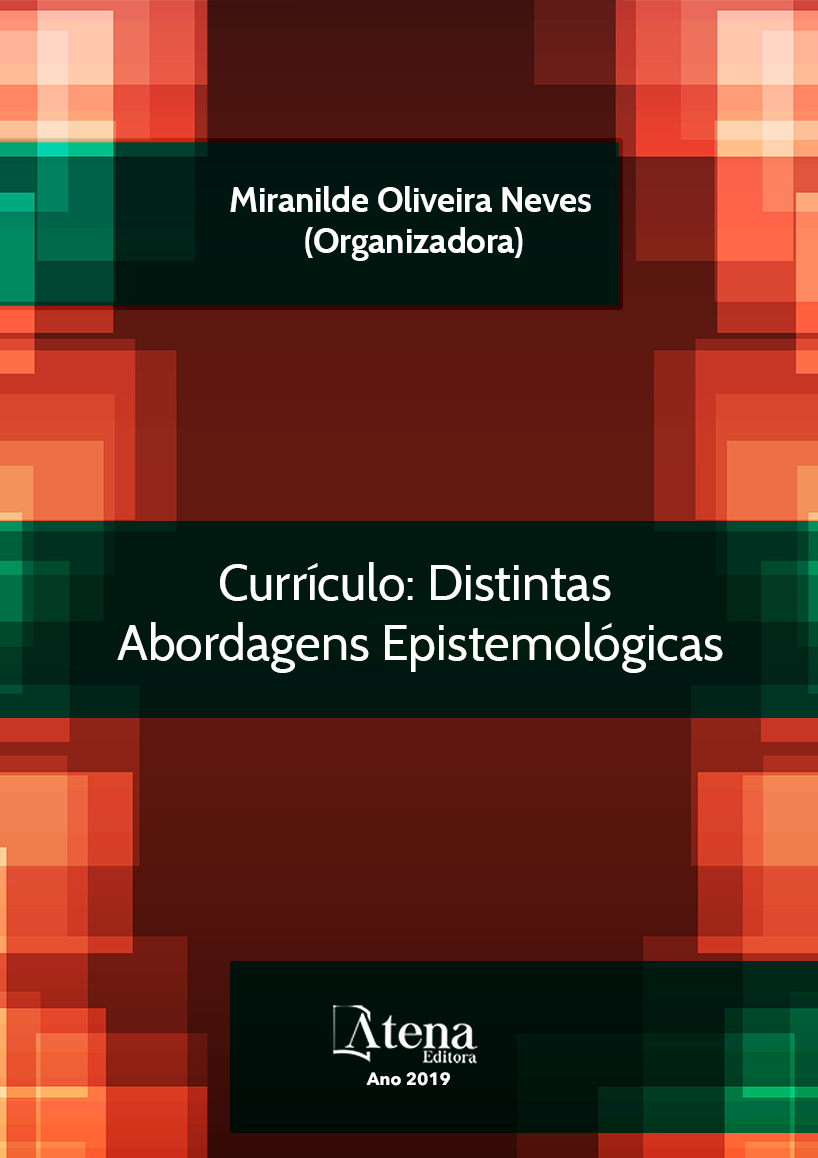
PERCURSO FORMATIVO NA EDUCAÇÃO INTEGRAL: CURRÍCULO, TEMPOS E ESPAÇOS EM TRANSFORMAÇÃO
O presente texto contempla os
resultados de um projeto de pesquisa realizado
no período de março de 2016 a fevereiro
de 2018 que teve como objetivo analisar as
variáveis teóricas e metodológicas imbricadas
na constituição de um percurso formativo
voltado para a Educação Integral. Adota-se a
metodologia qualitativa, com ênfase no estudo
de caso, embasada em Bogdan e Biklen (1994)
e Yin (2005). Dados empíricos construídos
por meio da leitura do Plano Municipal de
Educação e Propostas Pedagógicas das
escolas de educação de tempo integral de
Caxias do Sul/RS. Também foram realizadas
entrevistas semiestruturadas e registros em
diário de campo em instituições que ofereciam
a Educação Integral nesse município. O aporte
teórico contempla os estudos de Cavalieri
(2002), Freire (2008), Moll e Leclerc (2013),
Teixeira (1997), dentre outros, que defendem
o fortalecimento de políticas e práticas que
corroborem a qualidade da Educação Integral.
Os resultados mostram que a escola avançou
no campo da Educação Integral ao priorizar,
no seu percurso formativo curricular e em
suas práticas educativas, além dos conteúdos
clássicos, a ampliação dos tempos e espaços
de formação, propiciando, em seu trabalho
pedagógico, a investigação e a construção
de valores, de culturas e saberes inerentes
ao processo de aprendizagem de crianças e
adolescentes. A pesquisa permitiu, portanto,
analisar criticamente o Currículo da Educação
Integral, e identificar a necessidade de novas
propostas formativas capazes de romper com
a linearidade e com a reprodução trivial de
oficinas propostas nas políticas públicas para
um currículo de Educação Integral.
PERCURSO FORMATIVO NA EDUCAÇÃO INTEGRAL: CURRÍCULO, TEMPOS E ESPAÇOS EM TRANSFORMAÇÃO
-
DOI: 10.22533/at.ed.60719300920
-
Palavras-chave: Educação Integral; Percurso Formativo; Práticas Educativas.
-
Keywords: Full-time Education; Formation Journey; Educational Practices.
-
Abstract:
The current text covers the results of a research project carried out
in the period from March 2016 to February 2018 with the objective of analyzing the
theoretical and methodological variables interwoven in the constitution of a formation
path addressed to Full-time Education. It adopted the qualitative methodology with
emphasis in the case study grounded in Bogdan and Biklen (1994) and Yin (2005).
Empirical data have been constructed by reading the Municipal Plan of Education and
Pedagogical Proposals of full-time schools from Caxias do Sul/RS. Semi-structured
interviews and registrations in field diary were performed at institutions that offered
Full-time Education in this municipality. The theoretical contribution comprises studies
by Cavalieri (2002), Freire (2008), Moll and Leclerc (2013), Teixeira (1997), among
others, who defend strengthening policies and practices that corroborate the quality of
Full-time Education. Findings show that the school has progressed in the field of Fulltime
Education by prioritizing, besides the classical contents, the expansion of times
and spaces of formation in its curricular formation journey and educational practices by
promoting within its pedagogical work, the investigation and the construction of values,
cultures, and knowledge inherent to the learning process of children and adolescents.
The research allowed therefore analyzing the Full-time Education Curriculum and
identifying the need of new formative proposals capable of breaking the linearity and the
trivial reproduction of workshops proposed in public policies for a Full-time Education
curriculum.
-
Número de páginas: 15
- Cineri Fachin Moraes
- Cristiane Backes Welter
- Delcio Antonio Agliardi
- Andréia Morés


